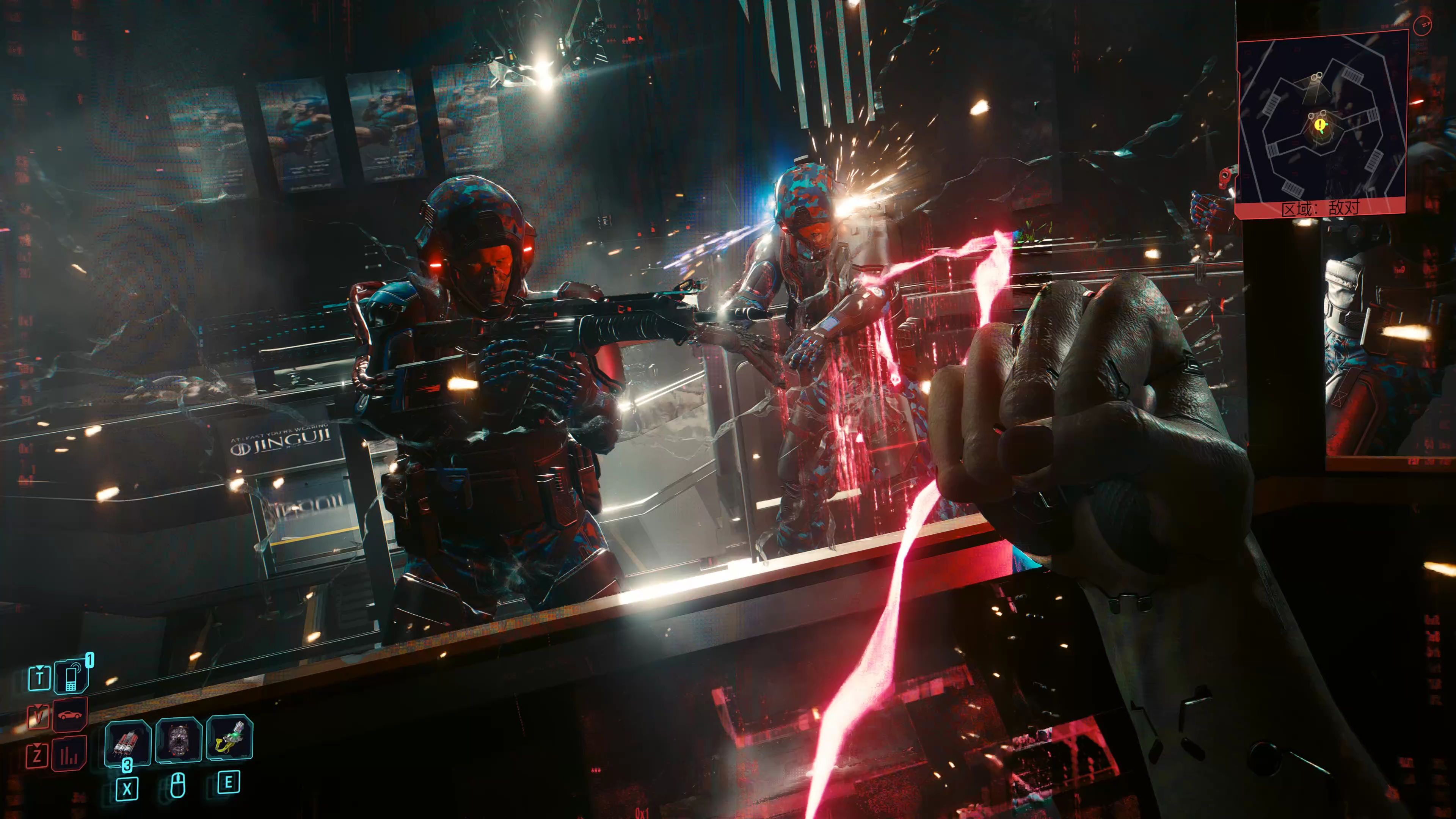Alien: Isolation Score Reassessment: Horror Mastery
When Alien: Isolation launched in 2014, it was met with a curious mix of critical acclaim and commercial hesitation. Reviews praised its atmosphere, tension, and faithful recreation of the 1979 film’s aesthetic, but a common refrain emerged: the game was “too long,” “too punishing,” and its systems occasionally “repetitive.” Metacritic scores settled in the high 70s to low 80s—respectable, but not quite the universal masterpiece many players felt they had experienced. A decade later, however, the conversation has shifted dramatically. Time has been the kindest of critics to Creative Assembly’s magnum opus, revealing it not as a flawed gem, but as a deliberate and masterful subversion of modern game design—a work of horror so pure in its intent that its initial criticisms now seem to miss the point entirely. A reassessment is not only warranted but essential: Alien: Isolation is a masterpiece of interactive horror, and its score should be retroactively aligned with its towering legacy.

The most frequent and, in hindsight, most misguided criticism leveled at the game was its length. In an era dominated by 8-10 hour cinematic action games, Isolation’s 15-20 hour runtime was deemed excessive. Yet, this critique fails to understand the game’s fundamental design philosophy. The length is not padding; it is the core of the horror. Creative Assembly employs a brutal, psychological masterstroke: they make the player accustomed to the terror. The first few encounters with the Xenomorph are heart-stopping, a blur of panic and frantic saves. But as hours stretch on, a new, more insidious fear sets in—the fatigue of dread. The game’s extended duration simulates the relentless, soul-crushing exhaustion of being prey. You are never meant to feel like an action hero triumphing over evil; you are meant to feel broken, desperate, and utterly relieved when it’s over. This emotional arc—from fear to despair to numb survival—cannot be achieved in a shorter experience. What was once called “repetition” is actually a meticulously crafted erosion of the player’s psyche.
This psychological warfare is facilitated by the game’s crowning achievement: the Xenomorph itself. Powered by a revolutionary AI system often misunderstood as “random,” the creature is a testament to the game’s genius. It is not a scripted set-piece enemy but a dynamic, learning predator. The “Director AI” doesn’t merely control the Alien’s pathfinding; it curates the experience, modulating the tension by sometimes pulling the creature away to let the player breathe, only to unleash it with terrifying precision moments later. The Alien learns from the player’s tactics. Overuse the flamethrower, and it becomes more cautious but also more aggressive in its probing. Hide too often in lockers, and it will begin to check them. This creates a deeply personal horror story for each player, where every close call feels earned and every mistake feels punishingly fair. The initial criticism of the AI being “unpredictable” or “cheating” has given way to widespread admiration for creating the most authentic and threatening antagonist in video game history.
Beyond the Alien, the game’s world-building is an unparalleled love letter to Ridley Scott’s original vision. Where many licensed games feel like shallow imitations, Isolation is an archaeological dig into the Alien universe. Every element, from the clunking, analog-driven technology of the Sevastopol station—complete with vintage CRT monitors and tape-driven save points—to the authentic sound design of hissing steam and distant alarms, is meticulously crafted. The art direction doesn’t just replicate the 70s retro-futurism; it breathes it. This commitment to aesthetic purity grounds the horror in a tangible, believable reality. The environment itself becomes a character: a dying, dilapidated maze of shadows and narrow corridors that feels actively hostile. The human and Working Joe android antagonists are not mere filler; they provide crucial pacing breaks and thematic depth. The androids, with their placid smiles and terrifying strength, embody a different kind of horror—one of cold, uncanny valley logic—that perfectly complements the Alien’s primal savagery.
The passage of time has also highlighted how Alien: Isolation stands in stark opposition to prevailing industry trends. In 2014, the market was saturated with games offering waypoints, objective markers, hand-holding tutorials, and power fantasies. Isolation defiantly offered none of these. It forced players to navigate using a physical map, listen intently for audio cues, and think their way through problems with limited tools. Its difficulty was not a bug, but a feature. This commitment to immersive sim principles and player agency has since been celebrated in titles like Prey (2017) and Resident Evil 2 (2019), proving that Isolation was simply ahead of its time. It trusted its audience in an era when few major publishers would.
Ultimately, the initial reviews reflected a disconnect between expectation and reality. Many critics, perhaps conditioned by more forgiving horror-action hybrids, approached Isolation with the wrong framework. They judged it by metrics of pacing and variety that were irrelevant to its goals. The player base, however, understood almost immediately. The game cultivated a devoted cult following, its reputation growing exponentially through word-of-mouth, Let's Plays that captured genuine screams of terror, and a growing consensus that it was, pound for pound, the scariest game ever made.
To reassess Alien: Isolation’s score is to correct a historical oversight. It is not a game with flaws that can be overlooked, but a game whose greatest strengths were mistakenly labeled as flaws. It is a towering achievement in atmospheric tension, AI design, and unwavering artistic vision. It understood the source material’s horror not as a monster to be shot, but as an force of nature to be survived. A score in the 90s is not merely deserved; it is a necessary acknowledgment that Alien: Isolation did not overstay its welcome—we were simply not prepared for how thoroughly it would immerse us in its nightmare. It is, without hyperbole, horror mastery.














